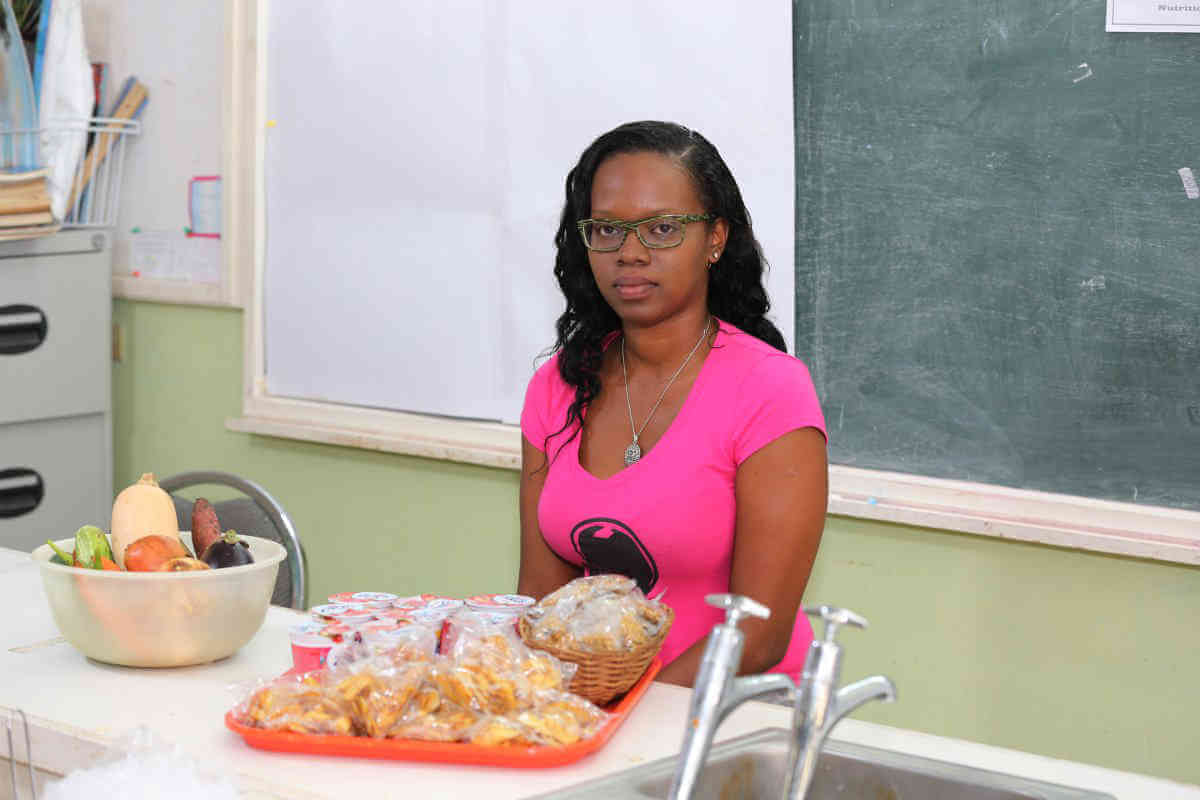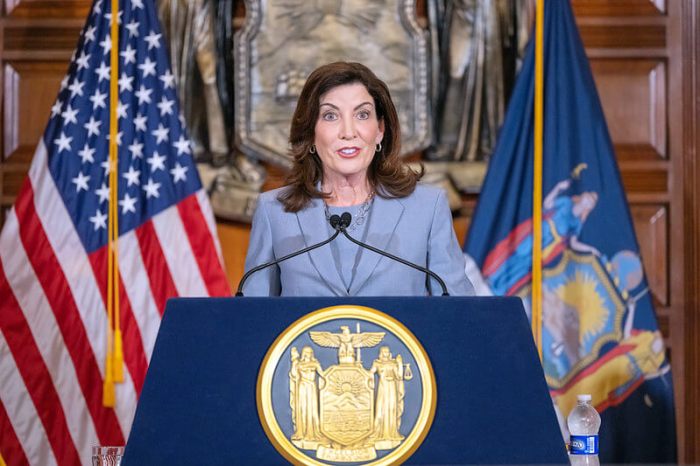As the Pan American Health Organization (PAHO) this week begins celebrating Wellness Week 2018, the Washington, D.C.-based organization has underscored the work of health promoters in the Americas, including the Caribbean.
PAHO said on Wednesday that “Building healthy communities for everyone” is the slogan for Wellness Week 2018, which will be celebrated from Sept. 8-14 in more than 20 countries of the Americas.
Since its inception in 2011, PAHO said Wellness Week has called for action “to combat noncommunicable diseases and make the healthy choice the easy choice.”
As this year marks the 40th anniversary of the Declaration of Alma-Ata, which identified primary health care as a key component to health for all, PAHO said Wellness Week 2018 highlights the health promotion movement in the region and honors health promoters who contribute to their communities.
“Everyone is part of a community and, therefore, everyone can take action in their own way to build healthier communities,” said Gerry Eijkemans, head of the Health Promotion and Social Determinants Unit at PAHO. “Every step we take to improve health at the community level is a step toward universal health.”
PAHO said it is taking the opportunity to honor and thank people from around the region of the Americas who promote health in their communities by sharing their stories and inspiring others to do their part.
As such, PAHO identified health promoters from eight countries — Ecuador, Jamaica, Cuba, Barbados, Belize, Colombia, El Salvador and Bolivia.
PAHO said Paquita Medina, from Durán, Ecuador is a street vendor who, along with other colleagues, stopped selling ultra-processed foods outside of schools as a way to help keep neighbors healthy and prevent diseases.
Fabián Barracks, of Jamaica, has created theater works that tour the country’s schools, PAHO said.
It said the productions “tackle various social problems with the goal of empowering youth and improving their wellbeing.”
Anet Naranjo, of Cuba, according to PAHO, visits the communities of Havana to speak about preventing HIV, share educational materials and work with fellow young people on how they can maintain their sexual and reproductive health.
Nicole Griffith, of Barbados, teaches children and youth 6 to 18 years — many of whom have diabetes — how to prepare and eat healthy foods and manage their health, PAHO said.
PAHO said Expedito Cañaveral, of Colombia, is a member of the Community Peers against Tuberculosis program who visits people with TB to give them their medicine.
He also helps identify people who are at risk of having the disease and alerts the health team, PAHO said.
Rose Anderson, of Belize, has been the leader of a group that visits rural communities to talk about different health topics, as well as help parents prevent diarrheal diseases in their children and motivate pregnant women to visit prenatal clinics to have healthier pregnancies, PAHO said.
Nancy Vides, of El Salvador, is one of 3,000 health promoters that form the Family Health Community Teams.
PAHO said Nancy carries out 200 home visits a month to motivate the community to access health services and offer information on sexual and reproductive health, water and sanitation, and healthy life styles.
Anahí Reyes and Roberto Valenzuela, of Bolivia, are chefs who promote healthy cooking and “a renewed focus on cooking with local products,” PAHO said.
It said they also work with their communities to maintain the family and social values of Bolivias culinary heritage.



























